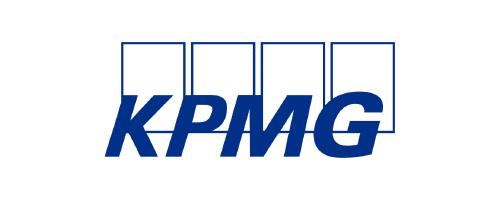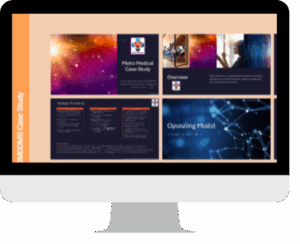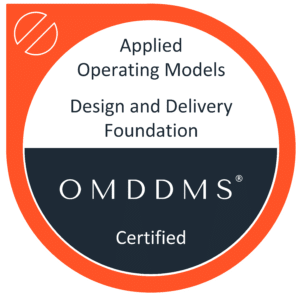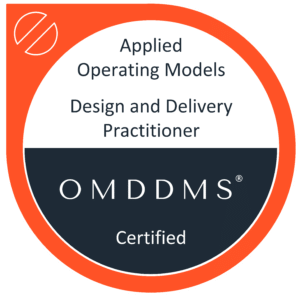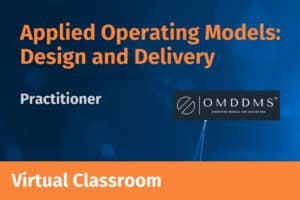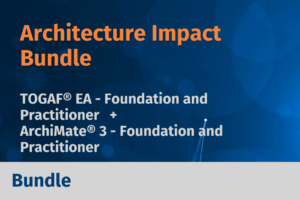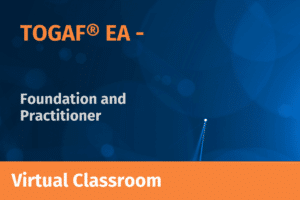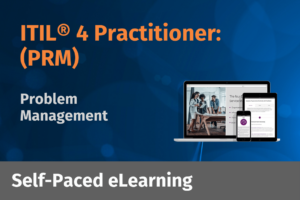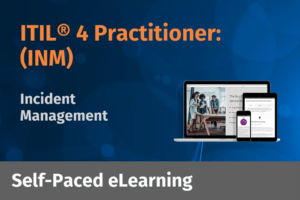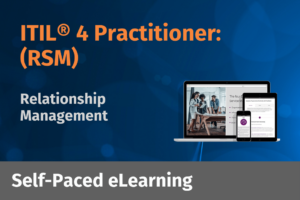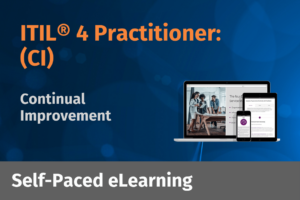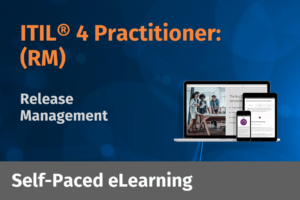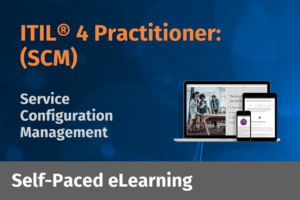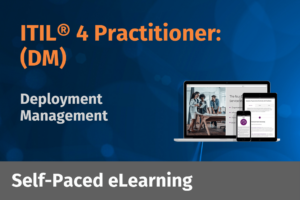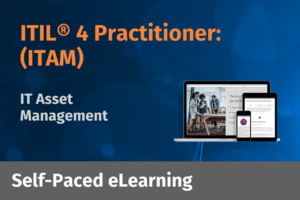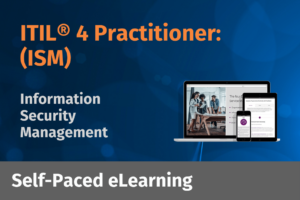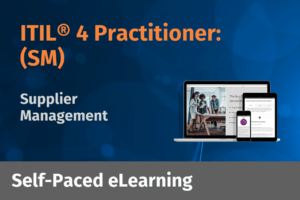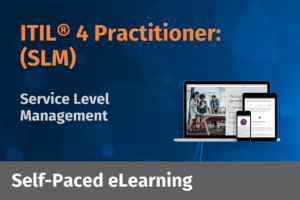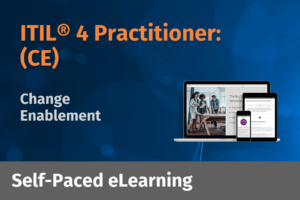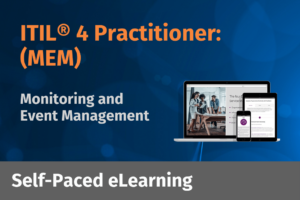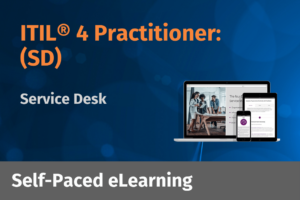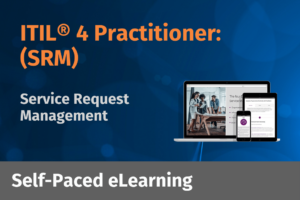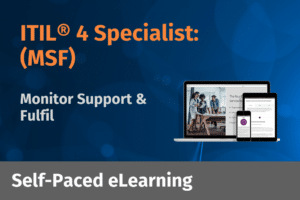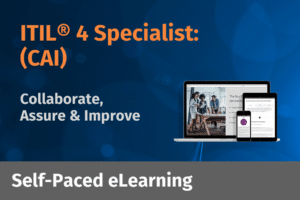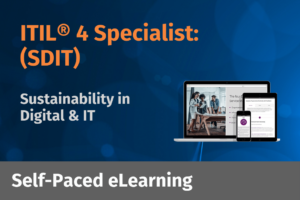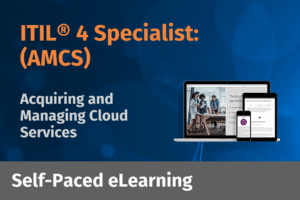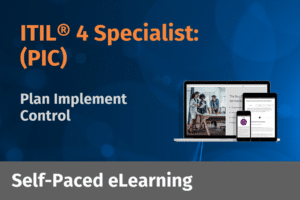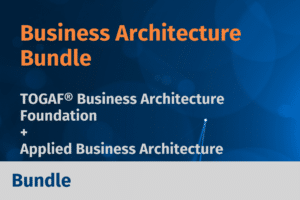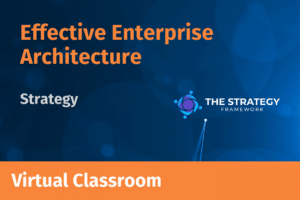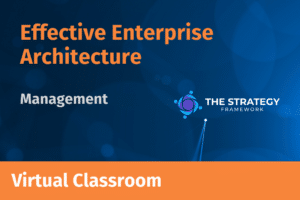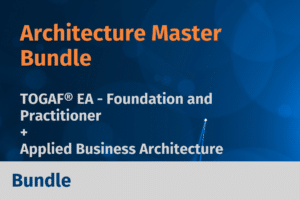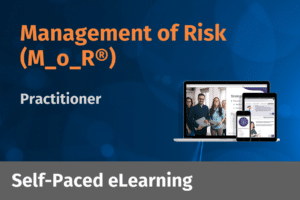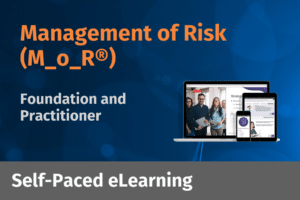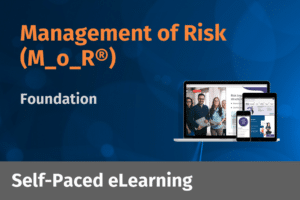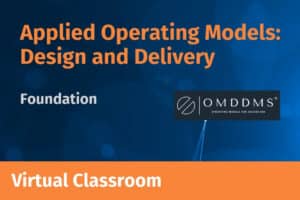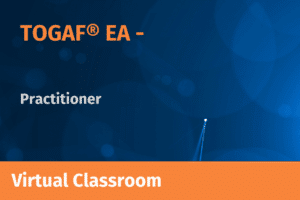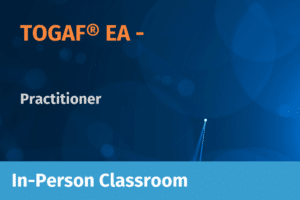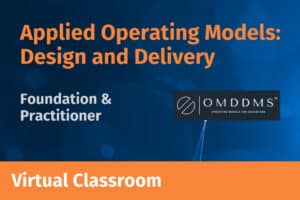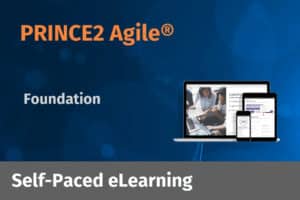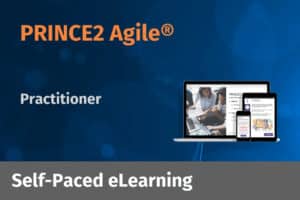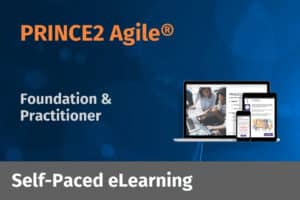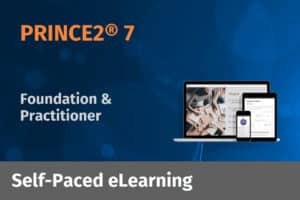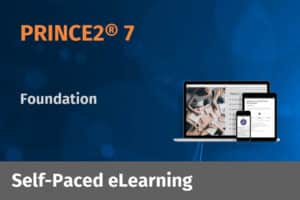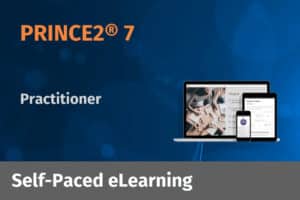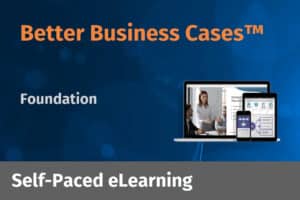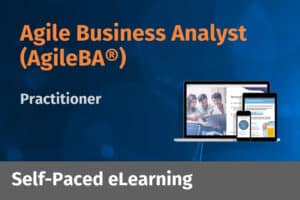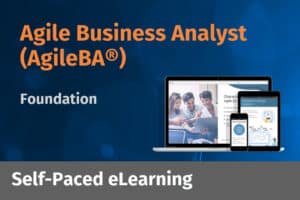What You’ll Gain from the Course
This course provides participants with the following skills and knowledge:
- Understanding of Operating Models: Understand the OMDDMS® standard to design, deliver, and sustain operating model transformations aligned with organisational strategy.
- Practical Analysis and Design Skills: Learn to analyse existing models, identify gaps, and create future-state designs using structured methods.
- Effective Governance and Change Management: Gain expertise in identifying and remediating ungoverned change and implementing governance frameworks for sustainable transformation.
- Organisation Design Knowledge: Create the appropriate organisational structure(s), capabilities, and services to support operational efficiency and adaptability.
- Leadership in Transformation: Establish and lead an Operating Model Transformation Office and Operating Model Board for long-term oversight and accountability.
- Operating Model Transformation Office: Understand why the OMTO and OMB are necessary, and how to set them up
- Decision-rights Design and their Use: Understand how to design decision rights and how they can be used appropriately.
- Hands-On Experience: Apply concepts through case studies, exercises, and quizzes for practical, real-world readiness.
Professional Certification: Earn up to 30 CPD points and gain recognition through a globally respected certification.
What is OMDDMS®?
OMDDMS is the Operating Model Design Delivery and Management Standard and addresses a gap in operating model transformation standards.
The OMDDMS definition of an operating model is, “A model that describes the way in which the organisation conducts its business and achieves its goals”.
An operating model provides a clear picture of how the various parts of an organisation work together, from the people and their roles, to the technology and systems used, to the procedures and policies in place and other resources used to create, deliver, and support its products or services.
OMDDMS allows organisations to respond and change confidently, drive innovation, manage risk, and operate more efficiently and sustainably.
OMDDMS provides the ground rules through an established and repeatable method, guidelines, best practices, principles, and structures.
OMDDMS is a standard that supports the delivery of sustainable operating model transformation.
A critical component of the organisation’s strategy and determines how it will allocate resources, makes decisions, and interacts with stakeholders (internal and external).
Who Should Attend
The Applied Operating Models: Design and Delivery Practitioner course is essential for all team members involved in operating model transformation:
Those who Direct – Accountable for the transformation:
- CEO, Board of Directors, Chief Operations/ Financial/ Strategy/ Technology/ Information Officer (CxO)
- Chief Transformation Officer (CTO)
Those who Manage – Govern the transformation:
- Operating Model Transformation Director/Lead, Programme Director
Those who Deliver – Responsible for performing the tasks of scoping, discovering, analysing, transitioning, and monitoring operating model transformation and those who provide oversight to those activities:
- Operating Model Transformation Managers
- Transformation Programme/Project Managers
- Communications Lead
- Organisational Change Managers
- Enterprise and Business Architects and other Domain Architects
- Business Analysts
- Subject Matter Experts
- Including Legal, Procurement, Service Management, HR, Security etc.
Learning Outcomes
On completion of the course, candidates will be able to:
- Explain how capabilities, processes, people, information, technologies, governance structures, obligations, and organisational structures are required to support the organisation’s intent and achieve its desired outcomes defined by its strategy.
- Demonstrate how harnessing the power of information, measuring and optimising growth, identifying, nurturing and scaling capabilities, balancing swift decision-making with strategic insight and cultivating core values will drive actions for successful operating model transformation.
- Apply the OMDDMS Operating Model Design and Delivery Method to ensure that the operating model is designed to support the organisation’s transformation to meet its strategic goals and objectives.
- Identify and evaluate, and remediate ungoverned change.
- Repeat measurable successful operating model transformation by using the OMDDMS Operating Model Design and Delivery Method.
Why Choose EA Learning?
EA Learning is trusted by global leaders in banking, government, technology, and other Fortune 500 organisations. Our courses are delivered by expert instructors who translate concepts into practical, real-world applications. This course includes exam vouchers and interactive case studies, ensuring participants are well-prepared for certification and can contribute immediate value to their organisations.
Ready to transform how your business operates? Download the brochure or read the syllabus to discover how this course can drive measurable results for your organisation.
Inclusions
By registering for this course, you will receive:
- Exam vouchers for the online Applied Operating Models: Design and Delivery Foundation exam and Practitioner exam.
- One free exam re-sit voucher if you fail an exam on your first attempt.
- Case study, exercises, and quizzes.
- Certificate of attendance.
With our premium courseware pack, you will gain access to EA Learning’s Course Material Portal. It includes a comprehensive range of downloadable resources such as:
- Course slides.
- Case study including models.
- Artefacts.
- Handouts.


